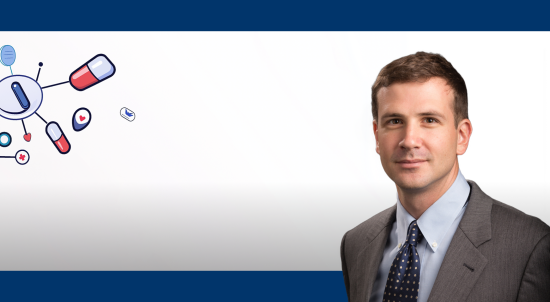
Description
💡 New! You can now watch Rocket Science for Everyone for free on YouTube. If you’d like to take the full course and earn a certificate, it’s also available on Coursera for a fee.
Join Professor Marla Geha in her course, "Rocket Science for Everyone," an intuitive introduction to the everyday impact of rocket science. Modern life increasingly depends on technology provided by Earth-orbiting satellites, from detailed weather predictions to broad-band internet and GPS. How are satellites launched into orbit, and how do they work once they get there? Why are rockets used to get into orbit, and how are they different from airplanes? This introductory course is aimed at a wide, non-technical audience and is appropriate for all ages.
Course Takeaways
- Understand where satellites orbit around the Earth, defining different regions where satellites such as GPS and communication satellites orbit.
- Explore the different components that make up a satellite's payload, including how satellites generate electricity and communicate with Earth.
- Understand how rockets work, exploring liquid versus solid rockets and rocket staging.
Meet the Instructors
 Marla Geha is a professor of Astronomy and Physics at Yale University. She obtained a B.S. in Applied and Engineering Physics from Cornell University and a PhD in Astrophysics from University of California Santa Cruz. Her research is focused on understanding how the smallest known galaxies formed, and using these galaxies to understand the nature of dark matter and the underlying cosmology of the Universe. She has received honors including an Alfred P. Sloan Research Fellow, a John S. Guggenheim Fellowship, a Howard Hughes Medical Institute Professor Fellowship and the Dylan Hixon '88 Prize for teaching excellence in the natural sciences at Yale. She is on the executive board of the Warrior Scholar Project and is the director of the Research Experience for Veteran Undergraduate (REVU) program.
Marla Geha is a professor of Astronomy and Physics at Yale University. She obtained a B.S. in Applied and Engineering Physics from Cornell University and a PhD in Astrophysics from University of California Santa Cruz. Her research is focused on understanding how the smallest known galaxies formed, and using these galaxies to understand the nature of dark matter and the underlying cosmology of the Universe. She has received honors including an Alfred P. Sloan Research Fellow, a John S. Guggenheim Fellowship, a Howard Hughes Medical Institute Professor Fellowship and the Dylan Hixon '88 Prize for teaching excellence in the natural sciences at Yale. She is on the executive board of the Warrior Scholar Project and is the director of the Research Experience for Veteran Undergraduate (REVU) program.



